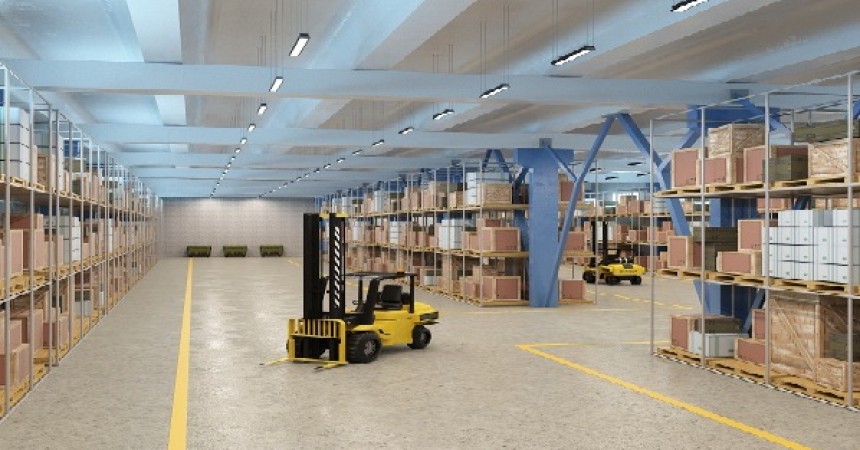A common decision for companies with warehousing needs is to select between a strategy based on shared warehousing or dedicated warehousing space. It’s important to understand that a warehouse is more than simply a place for storage, so what is the difference between these two types of warehousing operations?

Dedicated Warehousing for One Company
Dedicated warehousing uses a warehouse space that an individual company runs. Businesses may either rent or own the property, but in any case they’re on their own to operate the facility and cover the costs throughout.
All of the fixed costs of running the warehouse are the sole company’s alone. This means the company pays all of the rent and covers all other expenses pertaining to their operations using the warehouse, including labor, specialized skills, equipment, technology, and value-added services.
Shared Warehousing for Multiple Companies
While a single company owns or rents a dedicated warehouse, shared warehousing divides warehouse space into multiple areas for two or more companies to use. A third party manages shared warehousing to service these companies, which makes this warehousing cheaper than dedicated warehousing.
Choose the Type of Warehousing That’s Right for You
With dedicated long term warehousing, most if not all of the costs are fixed at a monthly rate regardless of the volume of orders and product, which allows for more consistent and predictable pricing. Rent remains the same along with the labor costs and other expenses of running facilities. The burden of all of these expenses falls on the sole owning company.
On the other hand, shared warehousing costs are spread across all of the companies that make use of the facility. Many of the costs become variable and move with the activity and volume levels of the business at a given time. Costs can ultimately adjust based on the seasonality and cyclical fluctuations of the business.
Ultimately, shared warehousing is more ideal for smaller businesses that don’t require the use of an entire warehouse to run their operations, while giving them enough space to grow as a business. Shared warehousing allows for more adjustable costs, and businesses don’t need to worry about managing every aspect of the warehousing operation, with third-party ownership that covers these expenses.
Dedicated warehousing is better for larger companies that need more space to accommodate their operations. Dedicated warehouses may force the single company to cover all costs, but at the same time they pay for a higher level of freedom than companies utilizing shared warehouse space.
Determine which type of warehousing is right for your business, and turn to a dependable company that can provide you with everything you need. With the right company, you’ll see the benefits of using reliable warehousing in either case, with shared or dedicated warehousing that helps your company expand and remain cost-effective.







